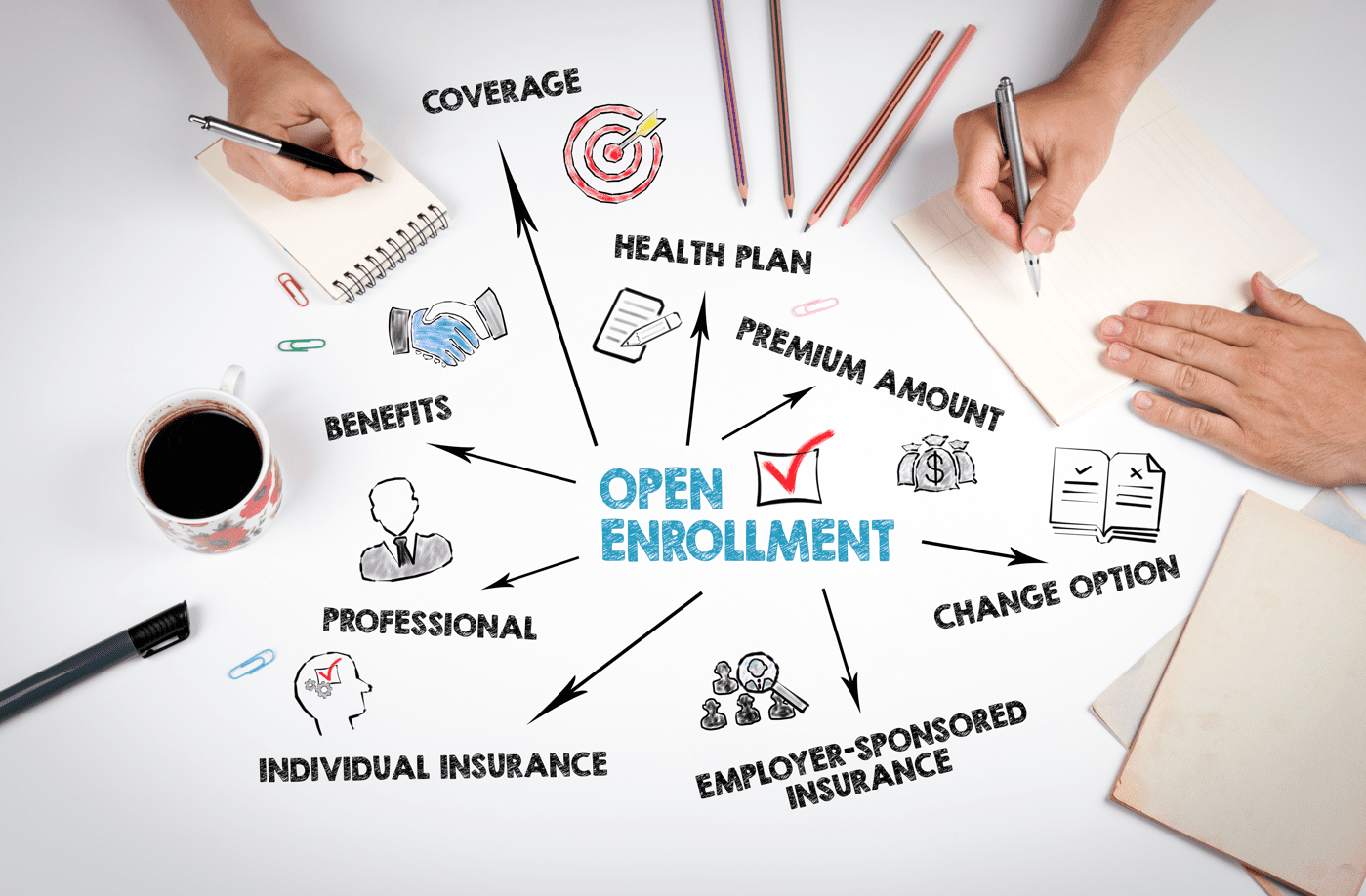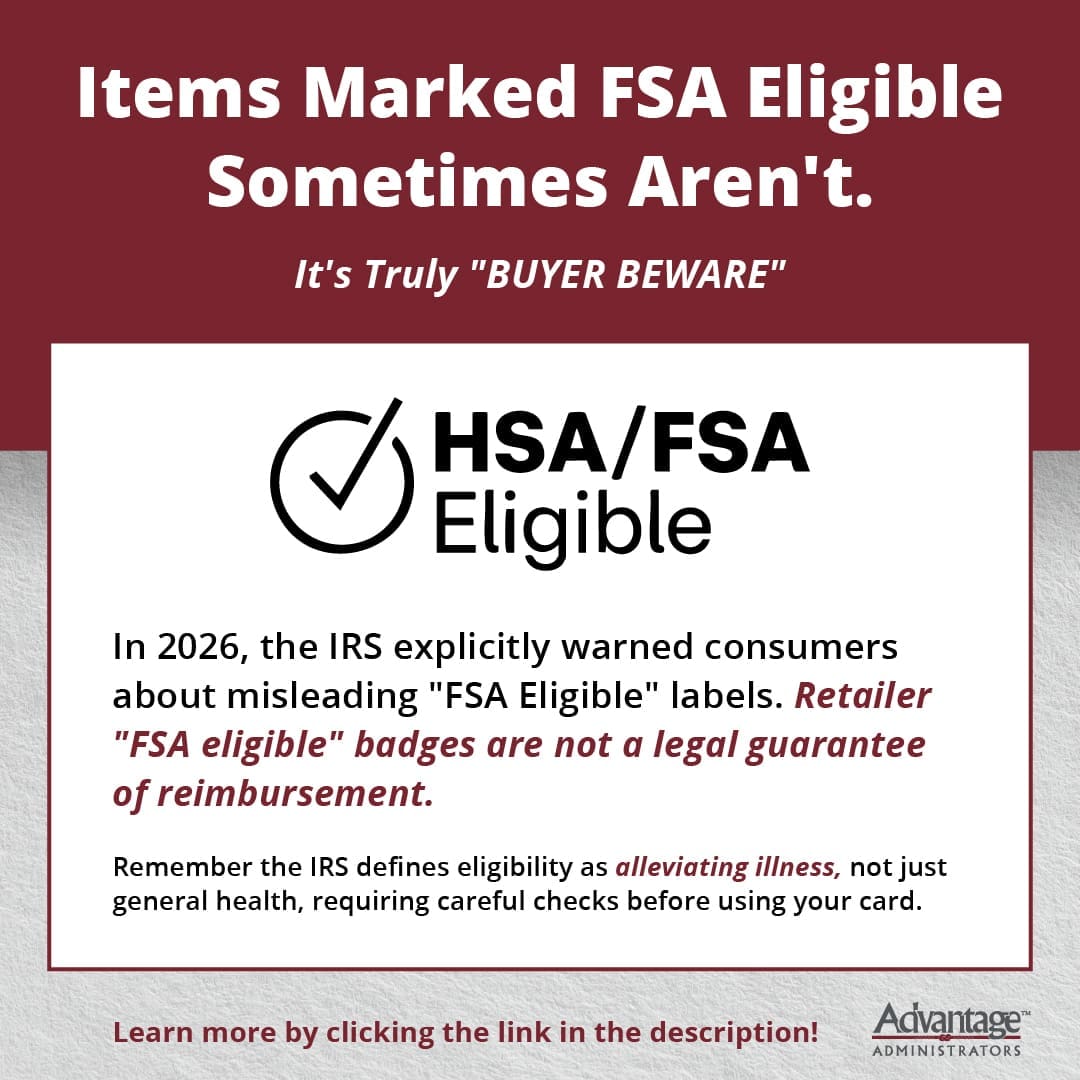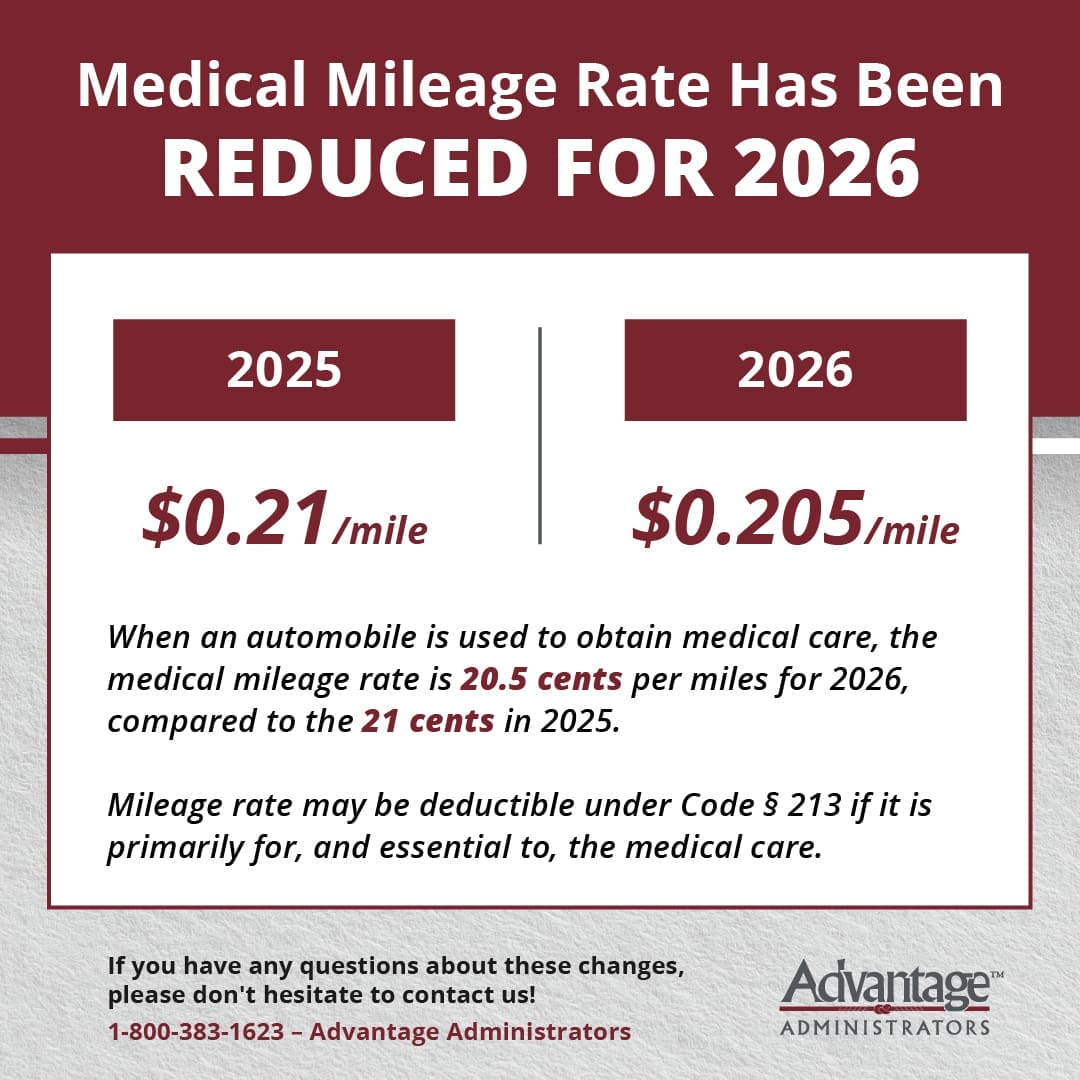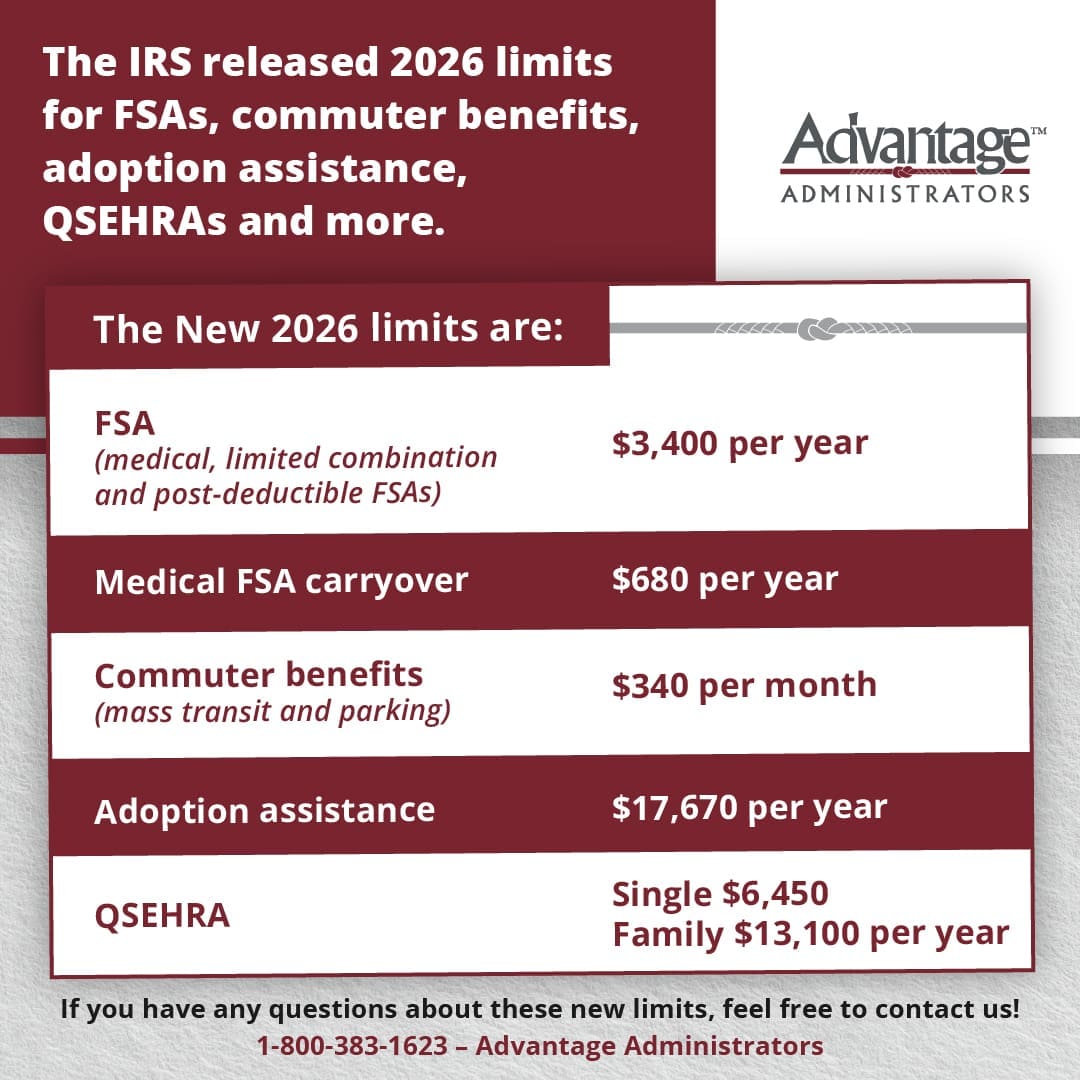Get to Know At-Home HSA and FSA Eligible Expenses for the Elderly
As we age, the importance of maintaining safe mobility within our home becomes critical. It is crucial to understand how to save money on common at-home expenses with health savings accounts (HSA) and flexible spending accounts (FSA). From home modifications to adaptive equipment, creating an environment that not only nurtures a person’s well-being but also empowers independence and helps save money.
Tailored Home Improvements: A Gateway to Comfort
The ability to navigate one’s home is a fundamental aspect of leading a fulfilling life. Through HSA and FSA eligible expenses, elderly individuals have a way to customize their home tailored to their comfort. A few examples include:
- Ramps and Railings: Installing ramps and railings can transform entryways and hallways, making them easily accessible and safer.
- Bathroom Enhancements: Converting bathrooms into accessible spaces through additions like shower chairs, support bars and widened doorways can greatly improve seniors’ daily routines.
- Lighting and Flooring: Adequate lighting and secure, non-slip flooring can reduce the risk of falls.
Adaptive Equipment: Navigating Life with Confidence
Elderly individuals can find independence through a range of adaptive equipment, all covered under HSA and FSA eligible expenses:
- Mobility Aids: From walkers to wheelchairs, mobility aids enable seniors to move freely and confidently.
- Hearing Assistance Devices: Hearing aids ensure effective communication and connection.
- Home Alert Systems: These systems provide peace of mind by offering prompt assistance in case of emergencies.
Guide Dogs and HSAs/FSAs
For those with visual impairments, guide dogs are not just pets. They are trusted companions that enhance a person’s daily life. The costs are often eligible under HSAs and FSAs, providing a bridge to increased independence.
Adult Daycare and Elder Care
It is important to keep in mind that adult daycare and elder care are only eligible under dependent care flexible spending accounts. Adult daycare and elder care expenses can be eligible for consideration, provided that three key conditions are met. Firstly, the expenses must not be related to medical services. Secondly, the elderly person in question needs to meet the criteria of a qualifying individual. Lastly, if the services are provided for outside the employee’s household, it is essential that the elderly person still regularly spend at least eight hours each day in the employee’s household. It’s worth noting that while elderly daycare typically qualifies under these conditions, around-the-clock care in a nursing home does not.
The information in this blog post is for educational purposes only. It is not investment, legal or tax advice. For legal or tax advice, you should consult your own counsel. To stay up to date on benefits trends and insights, subscribe to our blog.










 Flex Plans
Flex Plans Forms
Forms HSA
HSA HRA
HRA Retirement
Retirement Health Shopper
Health Shopper FSA Store
FSA Store